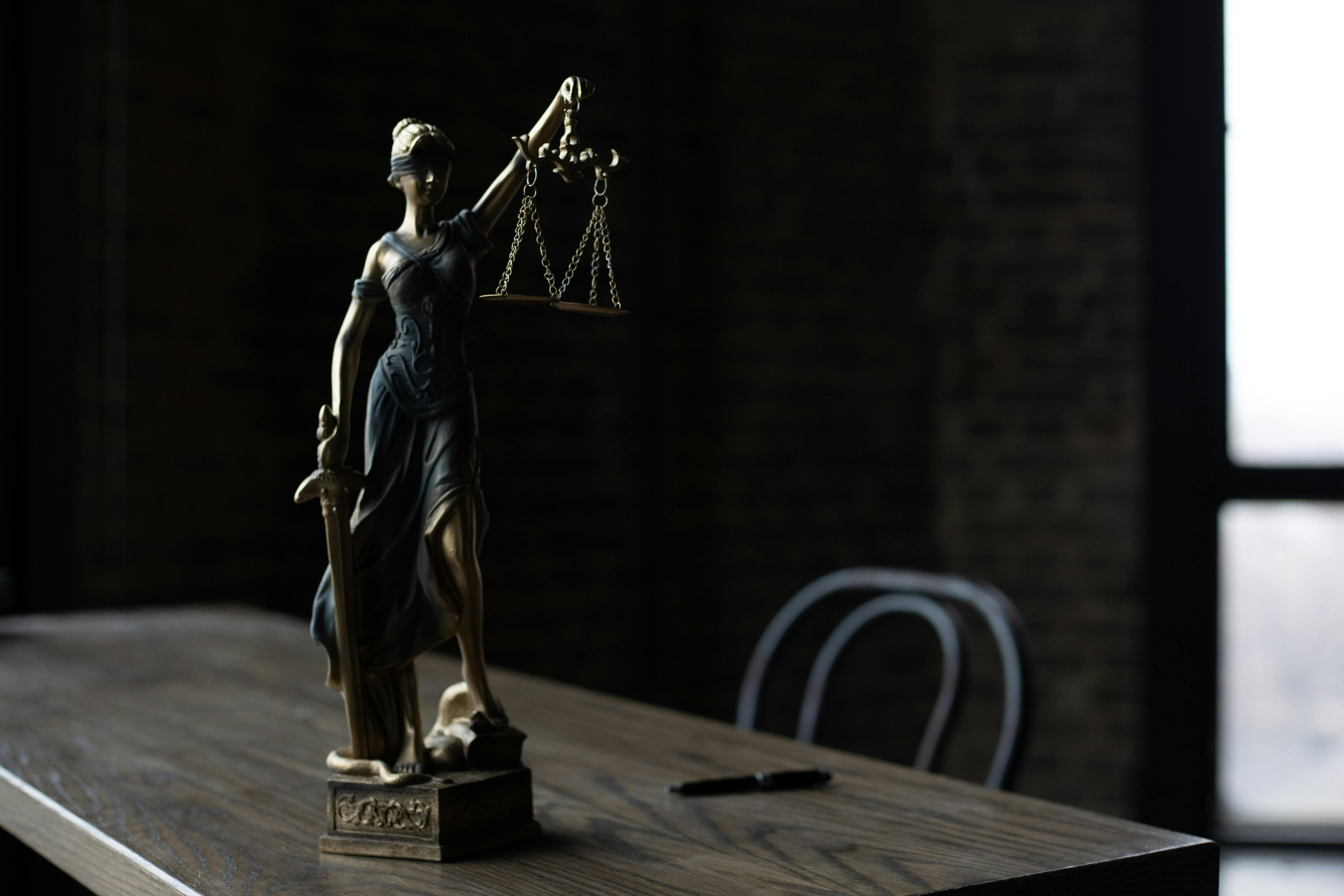How the California Supreme Court Decision on John Harris Jr. Effects Your Bail and Rights
Jun 29, 2024

In a pivotal decision, the California Supreme Court overturned an appellate court ruling, granting John Harris Jr. the right to bail after initially being denied. This case has become a landmark in the ongoing debate over bail reform in California, highlighting the state's shift from a cash bail system to a more nuanced, risk-based assessment approach.
Background of the Case
John Harris Jr. was charged with multiple serious offenses, including attempted murder, related to a 2018 incident in San Francisco. Given the severity of the charges, a trial court denied Harris bail, expressing concerns about the risk he might pose to public safety if released.
The Shift in California's Bail System
In 2020, California voters upheld Proposition 25, a measure designed to eliminate cash bail and replace it with a system that evaluates a defendant's risk to the community and their likelihood of appearing in court. This reform aimed to address disparities in the justice system where defendants' release was often contingent upon their financial means rather than the specifics of their case.
Legal Proceedings
Harris's legal team challenged the trial court's decision, arguing that the denial of bail violated his constitutional rights under the new laws established by Proposition 25. The appellate court initially upheld the trial court’s decision, maintaining that the seriousness of the charges justified denying bail.
However, the case took a significant turn when it reached the California Supreme Court. The high court reversed the appellate decision, stating that the denial of bail must be based on clear and convincing evidence that no conditions of release could ensure public safety.
The Supreme Court's Ruling
The California Supreme Court’s ruling emphasized that courts must perform individualized assessments when considering bail, rather than making decisions solely based on the nature of the charges. The court highlighted that the state’s bail system reforms require a careful evaluation of whether any set of conditions could mitigate potential risks posed by a defendant.
Key Points from the Decision and How it Effects Your Bail:
- Individualized Risk Assessment: The court stressed the importance of assessing each defendant's specific circumstances, including any factors that could assure the safety of the public if bail is granted.
- Burden of Proof: It was underscored that the prosecution bears the burden of proving that no conditions of release would be sufficient to protect the community.
- Precedent for Future Cases: This decision sets a precedent for how courts should interpret and apply California's reformed bail laws, potentially impacting numerous future cases.
Implications and Reactions
The Supreme Court's decision has broad implications for the state's justice system, reaffirming the principles of Proposition 25 and highlighting the balance between public safety and individual rights. Advocates for bail reform view this ruling as a victory that reinforces the need for fairness and equality in the justice process, ensuring that pretrial detention is not dictated by a defendant's financial status.
Critics, however, express concerns that the decision might lead to the release of individuals who pose a genuine threat to public safety. They argue for more stringent guidelines to help judges assess risk accurately.
The Path Forward
The John Harris Jr. bail case has sparked renewed discussions about the future of bail reform in California. As the state continues to refine its approach, the ruling serves as a reminder of the complex interplay between ensuring public safety and upholding the constitutional rights of defendants. It underscores the necessity for a justice system that adapts to societal changes while maintaining its foundational principles of fairness and justice for all. Call us to learn how this ruling can affect bail in your case.
Category:
Michael Mitchell
Michael Mitchell is a Fresno attorney who practices in the areas of DUI, personal injury & criminal law. Visit his Google+ profile.




